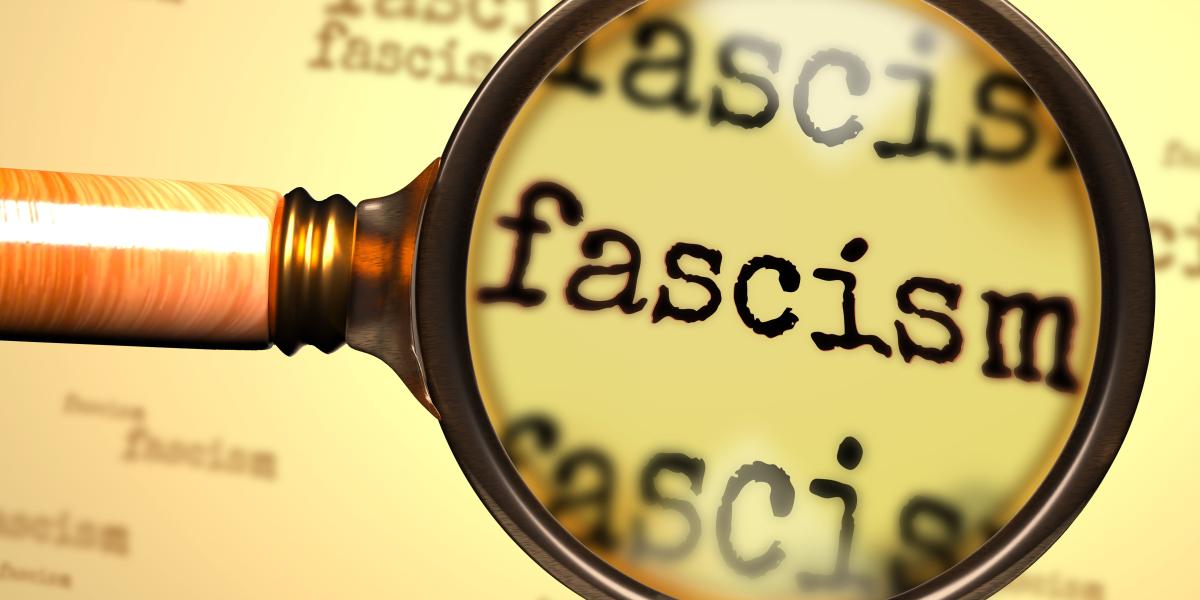Is America Veering Towards Fascism?
On October 25, ABC News publicized results from a survey of 2,392 registered voters revealing that 44% considered Donald Trump a fascist, while 23% applied the same label to Kamala Harris. An intriguing 5% viewed both as fascists, with only 32% asserting that neither candidate fits that categorization. This survey raises critical concerns about the perception of political extremism in the United States. The survey’s use of a broad and somewhat ambiguous definition of “fascist” as a “political extremist who seeks to act as a dictator, disregards individual rights and threatens or uses force against their opponents” presents complexities. For instance, it does not address the nuanced distinctions many Americans make regarding communism and fascism—potentially skewing the results if one or both candidates were presented in comparative terms.
The language surrounding terms like “fascism” and “Nazi” has often been misused as political smear tactics, contributing to their ambiguity. Renowned critic George Orwell spoke about this misuse in his 1944 article, “What is Fascism?” He argued that the term had been so broadly and inaccurately applied that it risked losing its original meaning. Orwell suggested that while the label “fascist” might be emotionally charged and associated with cruelty and authoritarianism, defining it rigorously was challenging due to the implications it could hold for various political ideologies. This raises questions about the appropriateness of applying the term to contemporary political figures without deeper understanding or clarity regarding the term’s significance, which has been lost over time.
Recent political discourse has continued to see the term “fascism” used by prominent figures, including President Biden, who has levied it at Trump, suggesting that Trump’s actions emulate fascist tendencies such as coercion and racially charged rhetoric. Conversely, conservative commentators have accused Democrats of employing elements of censorship of dissent, among other tactics to suppress opposition. They argue that these practices bear alarming similarities to historical fascistic strategies. The environment of political hyperbole, particularly in charging opponents with extremist views, demonstrates a tense atmosphere in contemporary American politics, where accusations can become a form of political weaponization without sufficient substantiation.
To navigate the complexities of modern politics and claims of fascism, it is crucial to revisit Orwell’s insistence on having a clear definition of what constitutes fascism, especially in the context of a democracy. Historically, the emergence of fascism can be tracked back to its roots in Italy with figures like Benito Mussolini and Giovanni Gentile, who offered their interpretations of the ideology through various writings. They promoted a doctrine that prioritized the state above all other institutions, viewing it as a central entity that defines nationhood. This state supremacy diverges sharply from classical liberalism, where individual rights hold paramount importance. While their writings contribute to the understanding of fascism, they also reveal that too rigid an adherence to defining the ideology is counterproductive due to its complex and evolving nature.
Prominent thinkers, including John Flynn and Friedrich von Hayek, raised alarms about the encroaching dangers of fascism in the mid-20th century. Flynn cataloged eight key characteristics of fascist societies, ranging from totalitarian governmental powers and corporatism to militarism and imperialism. Flynn’s perspective contributes to understanding how fascist systems tend to arise—not through overtly nationalistic or racist overtures, as seen in Nazism, but through economic interventionism and the gradual erosion of democratic norms and institutions. This underscores the idea that while specific nationalist sentiments can catalyze public support for authoritarian regimes, the groundwork is often laid through collectivist ideologies that destabilize democratic principles over time.
The warnings provided by figures like Hayek serve as a somber reminder of the fragility of modern democracies amid the rise of global central planning. If the systems facilitating political grandstanding and elite maneuvering continue to thrive, the efficacy of checks and balances within American democracy may fail, leading to possibilities of a political system that mirrors fascist characteristics. The concerns extend beyond a single leader to imply that systemic issues, intertwined with globalist aspirations and the growing power of the so-called “Deep State,” might culminate in a scenario where a coordinated and empowered executive could bring fascistic elements into fruition. In essence, both sides of the political spectrum must reflect critically on the foundations of their ideological positions to prevent the degradation of democratic principles, which could inadvertently lead to authoritarian governance.
Share this content:












Post Comment